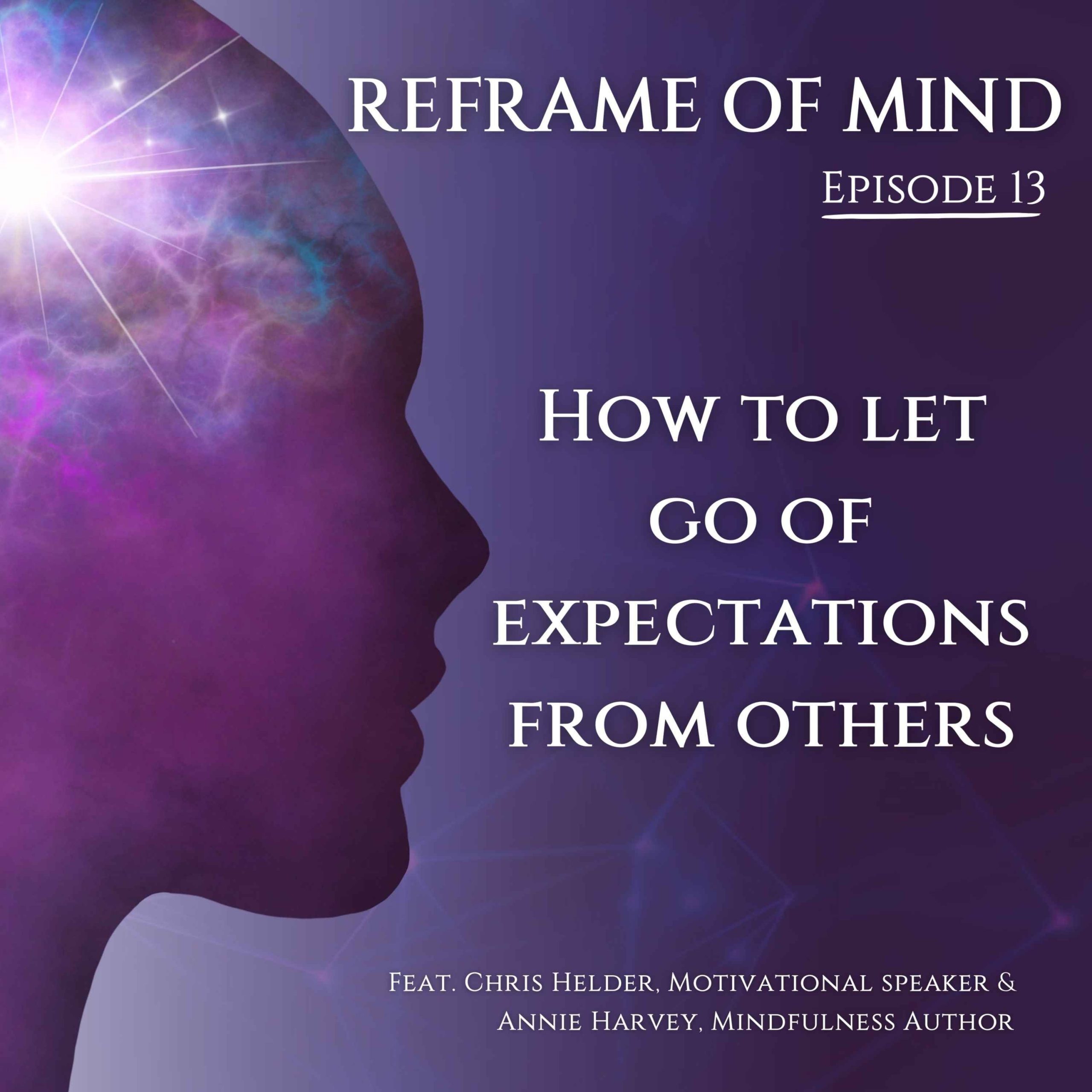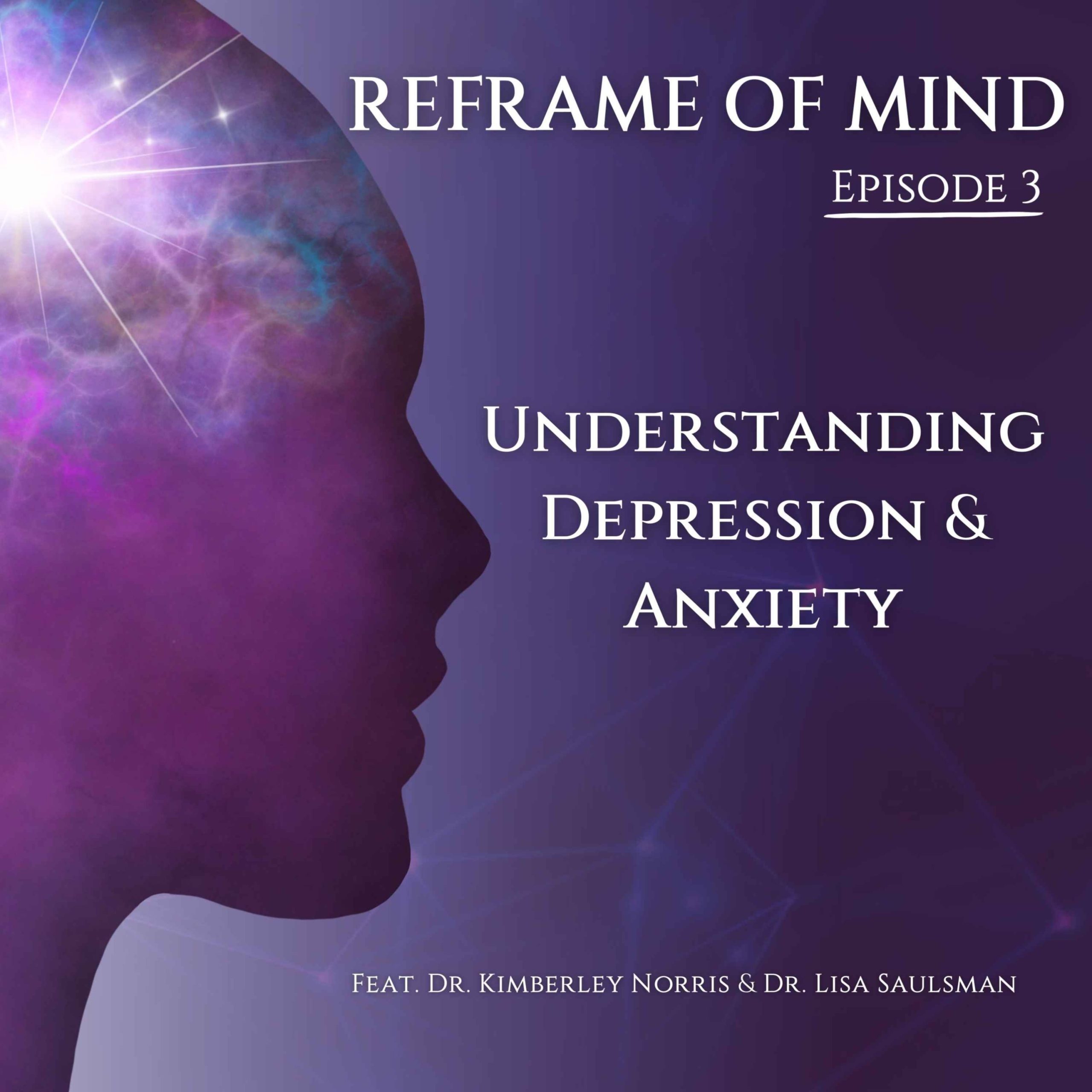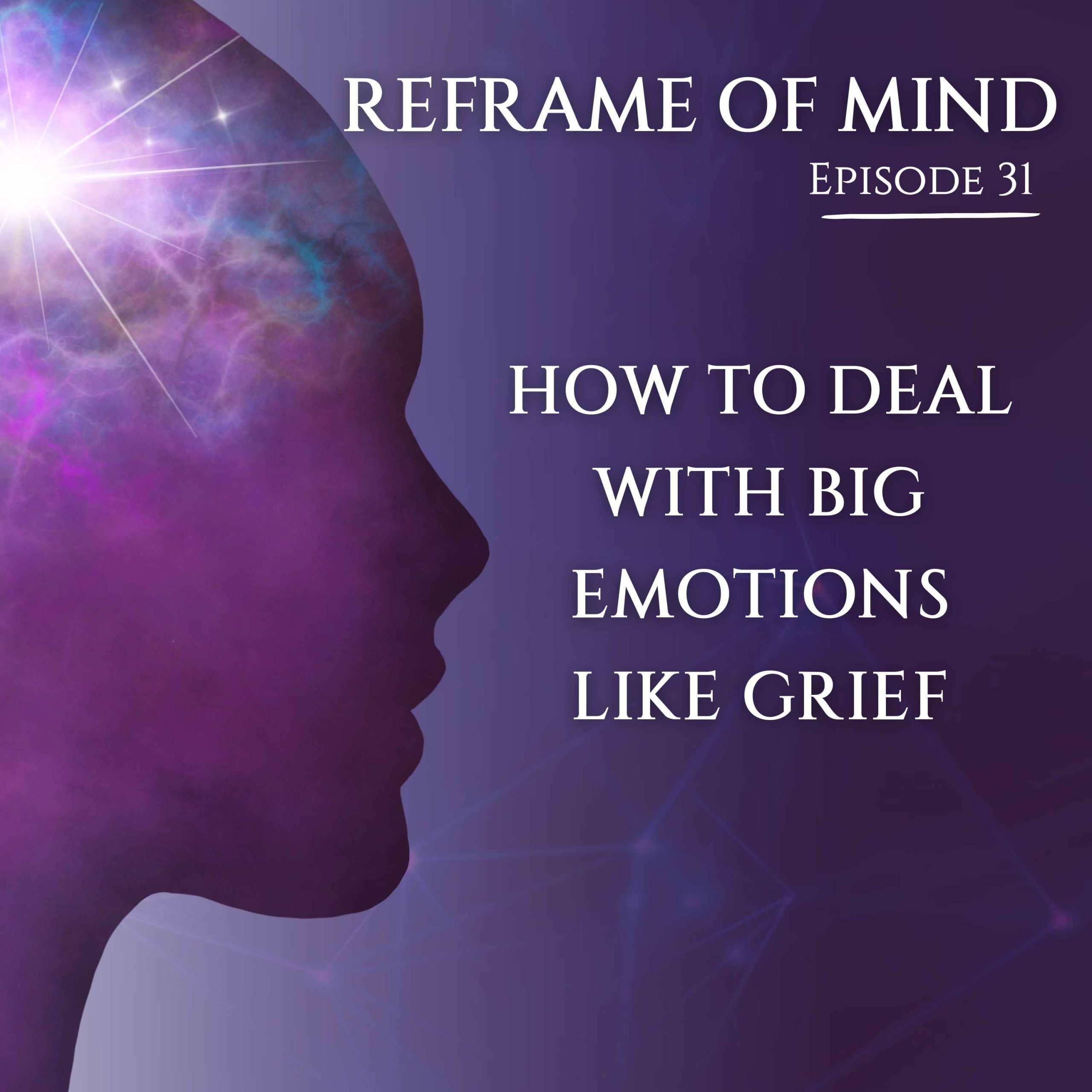Everything happens for a reason. That’s what toxic positivity will tell you, and it’s the reason we’ve not only been focused on dismantling toxic positivity throughout the series so far, but thought we’d dedicate a whole episode to it! It did, after all, take out the Angsty awards in episode one.
So, what is considered toxic positivity? At best, it’s misplaced optimism, at worst it’s the dismissive statements that minimise or ignore a person’s experience. Would you be able to pick the signs when you see or hear it, and can you identify what is more useful instead? Because at the other end of the scale, optimism is something that IS useful, if we can wade out of the toxic positivity.
In this episode, Andy and Louise talk to Australia’s Dr Happy, Dr Tim Sharp, from the Happiness Institute, who explores the concept of positive psychology, without the toxic bits, as well as cognitive behavioural therapy (CBT) expert, Dr Lisa Saulsman from the University of Western Australia, who unpacks some useful approaches to help us not only sit with our uncomfortable thoughts and feelings, but to find a way out of rumination and into action.
Other guests include Chronic Illness Wellness Coach and person living with MS, Teisha Rose; author and CEO consultant, Lucy Bloom; and Director of The Matilda Centre for Research in Mental Health and Substance Use, Professor Maree Teesson, who each share their personal experience dealing with Toxic positivity and opting for optimism instead.
Support this show http://supporter.acast.com/reframe-of-mind.
Hosted on Acast. See acast.com/privacy for more information.

When someone asks you how you are, do you tell them? Do they even want to know? Probably not. It’s just one part of...

Depression and anxiety often turn up hand-in-hand. We explore these two common mental health issues with the help of The Happiness Institute Australia’s Dr...

Nobody is immune from big emotions, and if we’re feeling depressed or anxious, it can feel like those big feelings are only feeding our...